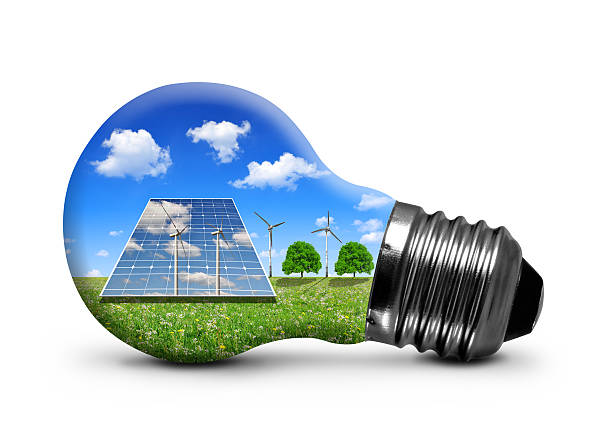Solar energy is a clean, renewable, and unlimited source of energy that can be harnessed by converting sunlight into electricity.
Solar panels, also known as photovoltaic panels, capture the sun’s energy and convert it into direct current (DC) electricity. This electricity can then be used in homes and businesses or stored in batteries for later use.
How Solar Energy Works
Solar panels are made up of photovoltaic cells that are composed of silicon. When sunlight strikes these cells, the photons from the sun knock electrons into a higher state of energy, creating a flow of electricity.
This flow of electricity is then collected by metal contacts and sent to an inverter, which converts the DC electricity into alternating current (AC) electricity. This AC electricity is then used to power homes and businesses, or stored in batteries for later use.

Advantages of Solar Energy
Solar energy has numerous advantages over traditional sources of energy such as fossil fuels. Firstly, it is a clean source of energy, producing no emissions or pollution.
Secondly, it is renewable, meaning that it will never run out as long as the sun continues to shine.
Thirdly, it is cost-effective, as the cost of solar panels has decreased significantly in recent years, making it more affordable for individuals and businesses to install solar panels.
Finally, solar energy is reliable, as it is available anywhere the sun shines, making it a great alternative to traditional sources of energy that can be affected by power outages.
Conclusion:
Solar energy is a clean, renewable, and cost-effective source of energy that can be used to power homes and businesses.
The benefits of solar energy make it a great alternative to traditional sources of energy, and its continued growth and development will play a crucial role in the transition toward a more sustainable energy future.

